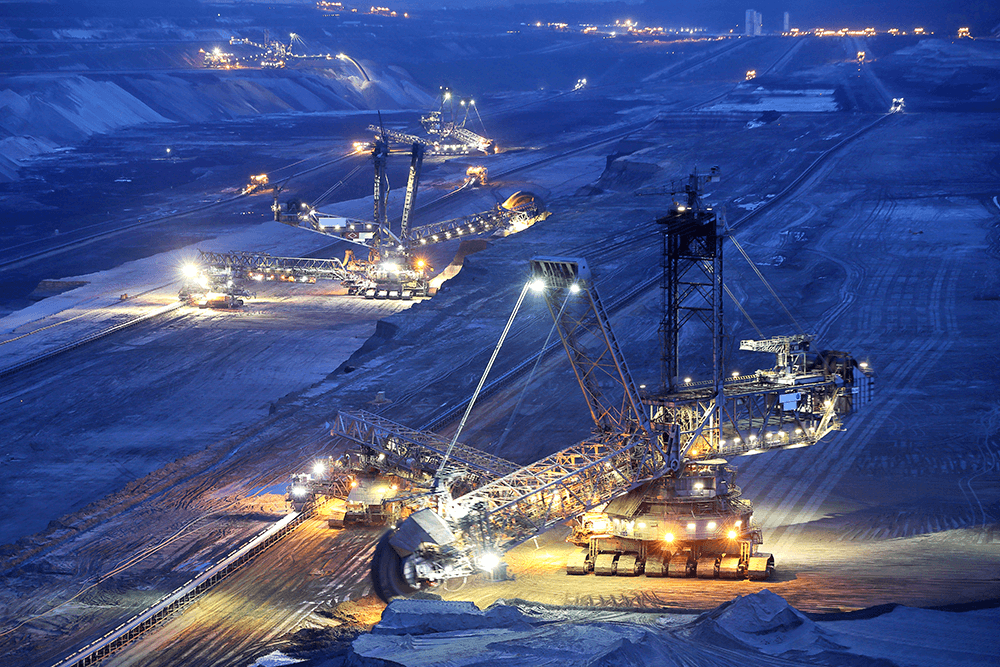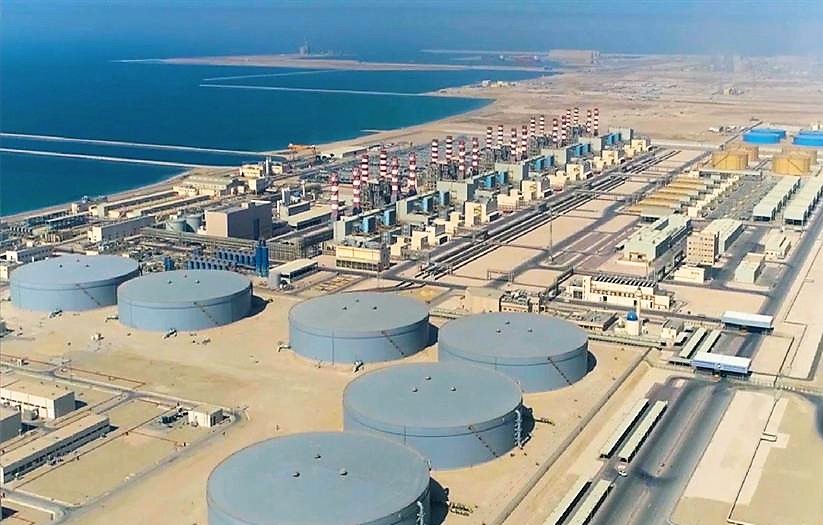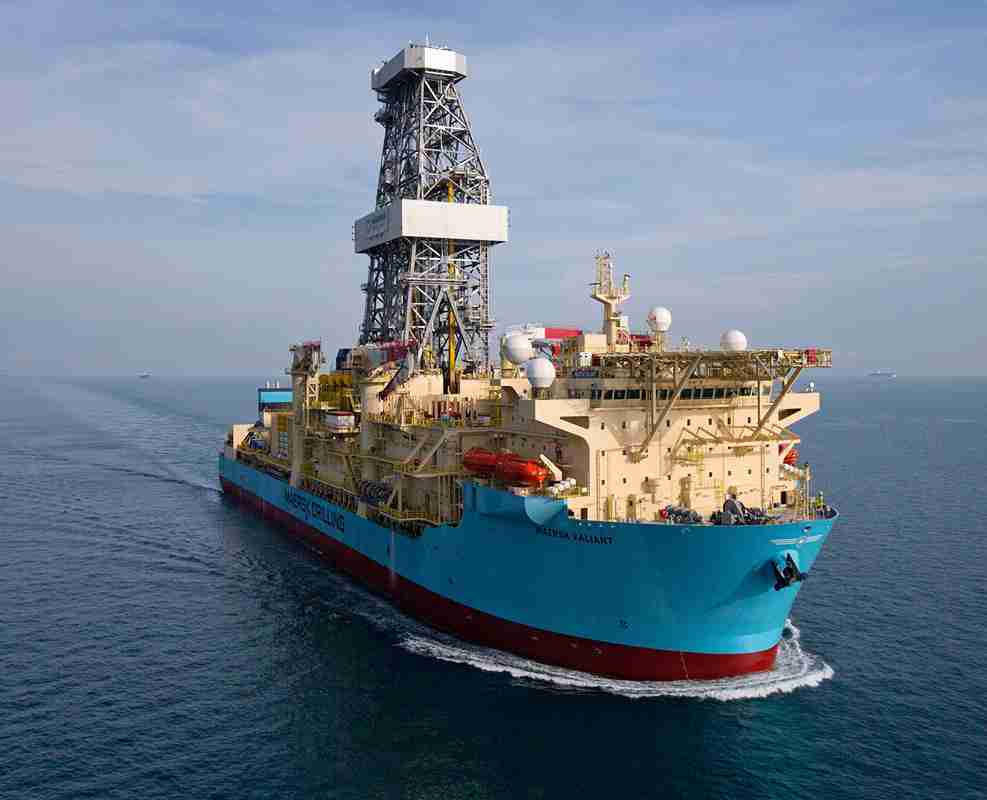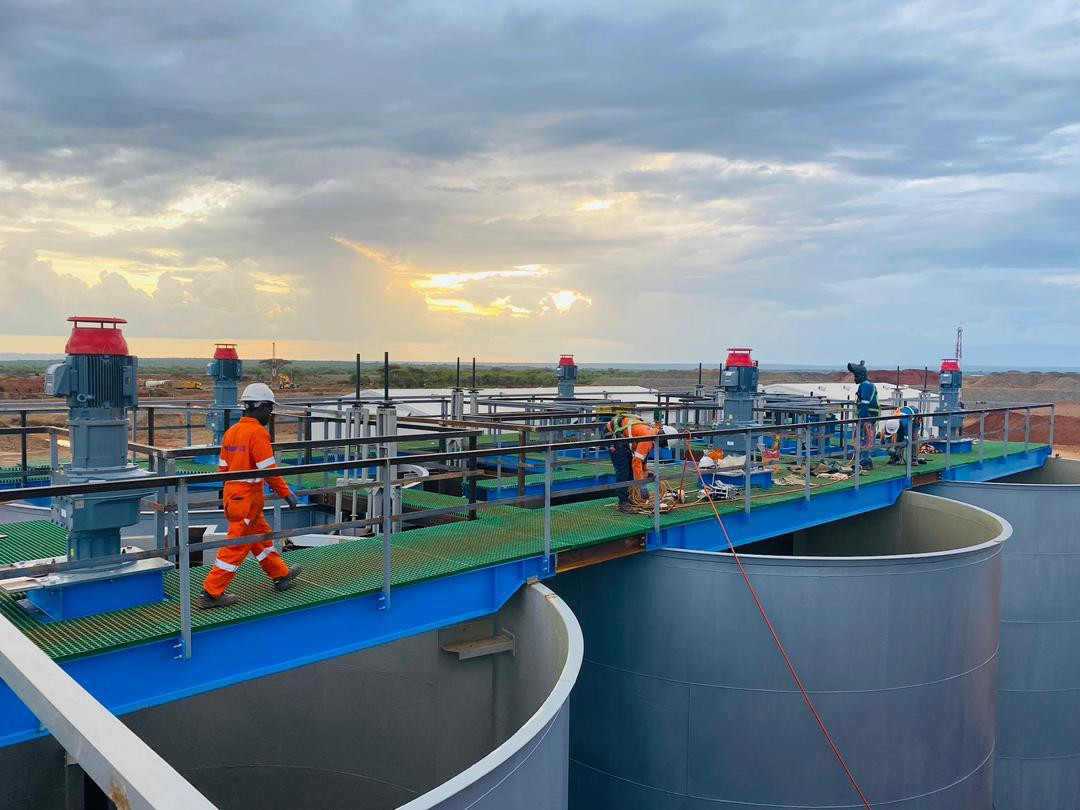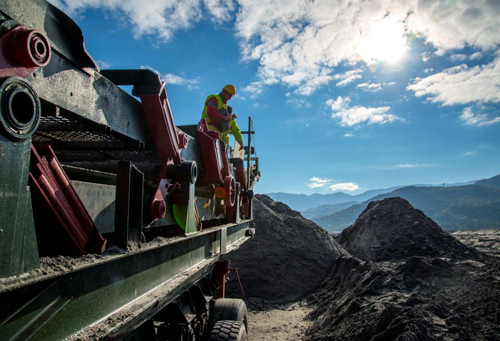
In the same way that it had a hugely symbolic meaning to ancient Egyptian culture, gold was just as central to ancient Greeks, in this case as a financial commodity. In fact it was as early as 550 BC that the Greeks had begun mining for gold across the Mediterranean and into Middle Eastern territory. By 325 BC, the Greeks had successfully mined across an area spanning from Gibraltar to Asia Minor and Egypt.
While not quite at its pre-Christianity levels, gold mining has certainly gained some serious momentum since Greece began a fast-track approvals programme several years ago. One of the companies leading the gold inflow is today Eldorado Gold.
A Vancouver-based, mid-tier producer with operations in Asia, South America and Europe, Eldorado Gold was founded in the early 1990s and boasts seven operating mines, as well as a pipeline of projects in different stages of construction and development, and an extensive exploration programme.
“Eldorado Gold has been present in Greece since 2008, when we acquired the Perama Hill Gold Project in Thrace, a project that is now in its final stages of permitting,” explains Eduardo Moura, vice-president and general manager for Greece. “In February 2012, we completed the acquisition of the Kassandra Mines from European Goldfields, which included the Stratoni Mine, the Olympias Mine and the Skouries Project, and we now plan to invest approximately $1 billion over the next five years in Greece.”
Northern Greece is an area of particular interest for Eldorado Gold, with its reputation for being a highly prospective region driving the company’s plans to spend around $23 million in exploration expenditure here in 2013 alone. What first attracted the company to Greece, and what it continues to benefit greatly from, is its solid infrastructure, well-educated labour force, reliable legal system and consolidated democratic institutions.
“We have proven and probable reserves in excess of eight million ounces of gold in Greece,” Moura continues, “as well as significant amounts of copper, lead, zinc and silver. In Skouries, for example, we have a copper-gold porphyry deposit with 3.6 million ounces of gold and 738,000 tonnes of copper in proven and probable reserves. This project will be fully operational in 2015 and we expect it to be in operation for more than 25 years in total.”
Elsewhere within the country, Eldorado Gold’s ore body in Olympias is a replacement mixed sulphide body with 3.8 million ounces of gold, 57.7 million ounces of silver, 599,000 tonnes of lead, and 796,000 tonnes zinc in proven and probable reserves. Olympias also contains 270,000 ounces of gold in tailings placed by former operators. These tailings are being re-processed in the recently refurbished flotation plant of Olympias. The Stratoni Mine meanwhile contains ten million ounces of silver, 110,000 tonnes of lead and 151,000 tonnes of zinc in reserves. Finally, the ore body in Perama hill contains 975,000 ounces of gold in reserves.
“We have always been focused on building a profitable business with healthy margins by using a responsible approach to growth,” Moura states. “What we do is combine our technical expertise with capital discipline to grow our resources and reserves, develop our assets, increase production levels and identify new opportunities. In doing so, we create and deliver value for all our stakeholders.”
The aforementioned $1 billion investment that the company plans to make over the next five years will be spent primarily on the development and construction of Eldorado Gold’s three main projects in the country; Skouries, Olympias and Perama Hill, as well being used to cover exploration expenditures so as to discover new deposits.
“When all of our mines here are in full production,” Moura enthuses, “we anticipate that we will have become the largest gold producer in Europe. At current metal prices our mines will generate export revenues of approximately $1 billion per year to Greece, including sales of copper, lead, zinc and silver. Furthermore, we estimate that by this time we will have generated some 5,000 direct and indirect jobs locally. We have already invested close to $100 million in Greece since the beginning of 2012 and in doing so we have tripled our direct labour force in the country from 400 to 1,200 people.”
In addition to the employment opportunities it creates, the company also continues to set aside capital that is used to support the local communities that exist in close proximity to its operations. This includes approximately €3 million that is provided annually to the Aristotle Municipality in Halkidiki, with plans to provide another €1 million per year in Alexandropoulos, Thrace, in the not-too-distant future. The money itself is intended mainly for community infrastructure projects as well to provide support for numerous local cultural and athletic associations.
Looking to the future, Eldorado Gold as a group has ambitious growth targets, aiming to produce 1.7 million ounces of gold by 2016. This figure represents more than double its total gold production of 660,000 ounces for 2012 and equates to 160 percent growth over a five year period. Needless to say then that its operations in Greece will play a critical role in delivering this.
“As has been the case since we first entered the market,” Moura conclude, “we continue to spare no effort to earn the trust of local communities, particularly in Halkidiki and Thrace, by demonstrating in our day to day activities that we are a responsible mining company and that we keep our promises. Eldorado Gold has an industry reputation which we value highly and aspire to preserve in our worldwide operations. I strongly believe that responsible mining can make an important contribution to the economic recovery of Greece and that the best way for us to remain successful in this part of the world or elsewhere is to walk the talk.”
Written by Will Daynes, research by Jeff Abbott



 EldoradoGold-Mining.Europe-Mar13-Bro-s_0.pdf
EldoradoGold-Mining.Europe-Mar13-Bro-s_0.pdf